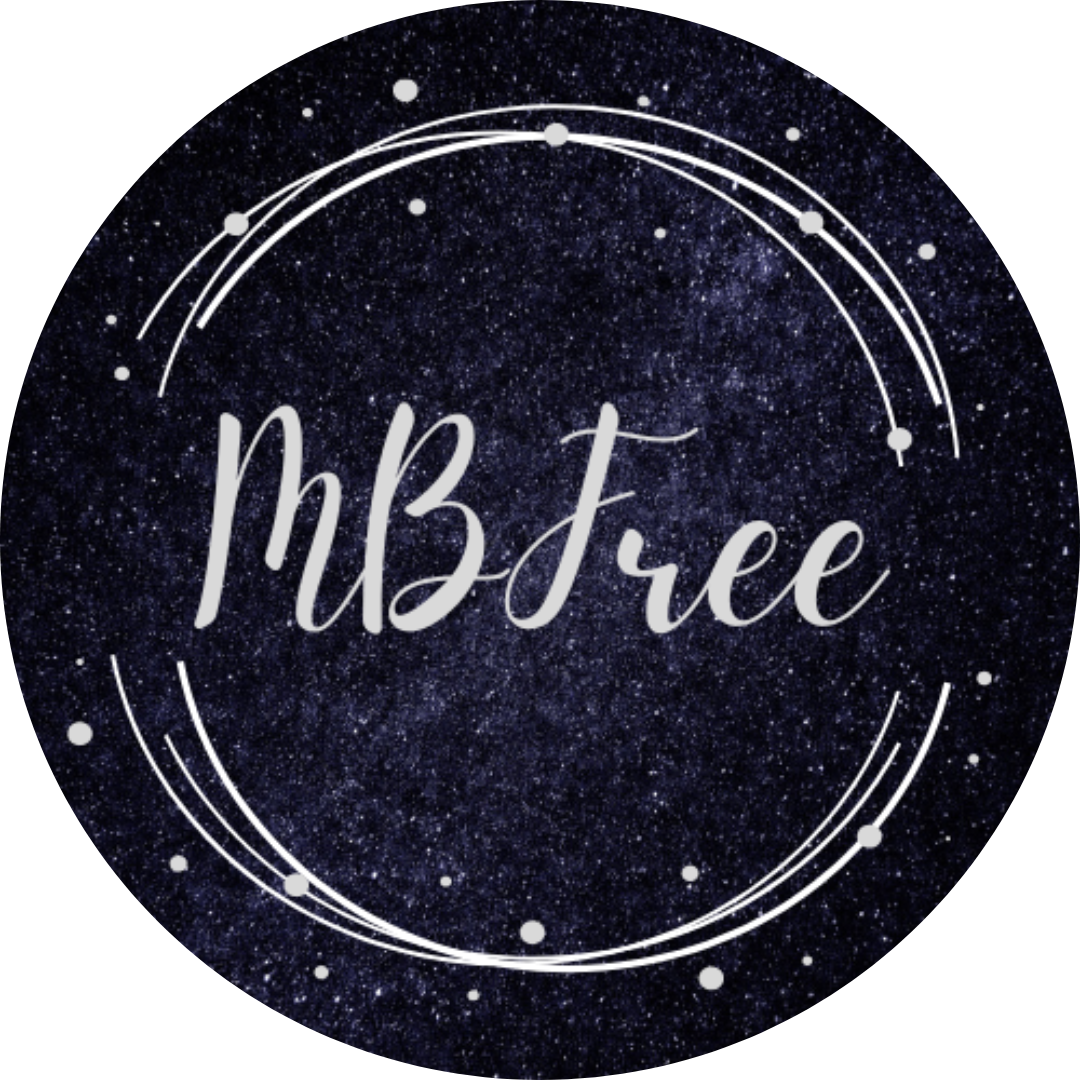
An Understanding of Happiness
We can understand happiness as freedom while having no “thing”, through Thich Nhat Hanh’s book, You Are Here. It is a beautiful little book seemingly full of simple ideas, but deeply profound in unexpected ways. In the chapter “Healing Our Wounds and Pain”, Hanh tells a story about the Buddha having lunch in a field with some monks, getting ready to teach. A farmer, distraught, asked if his cows had come through the field. He was devastated by the loss of the cows and his recent crops. He wished his life to end. The Buddha had compassion and comforted the farmer. When he left, the Buddha told the monks they are happy because they do not have cows to lose.
In modern society, most people see “freedom” as being wealthy and able to buy anything. With an abundance of money, we can buy any material thing we want, vacations, and time. We can pay people to do work for us and have an abundance of time.
But does having an abundance of anything grant a person happiness?
If a person has endless money or time, what happiness can it bring if the spending of it holds no value? The saying “Money Can’t Buy Happiness” is a truth reminding us to see beyond the myth of easy fulfillment. There must be something behind the use of money for things or even for time to waste. There must be a purpose. Purpose brings happiness — not the money.
A few years ago, a hurricane hit my neighborhood. We’d watched the hurricane build for over a week, with dire predictions from weather experts. It was to be a massive, damaging storm. Flood predictions said my town could be in real danger. Most of my neighbors did not fully prepare because weather forecasters can often be overly dramatic, and they’d lost the trust of the public.
The storm came and boiled over our town for 4 days. Rain and more rain poured down, and our rivers rose. All over the city there was flooding. My town, especially, had mandatory evacuations in several areas. After civilian boat rescues became too dangerous, the military took over, rescuing those in apartment complexes (including mine) and taking people to shelters.
I managed to self-evacuate just as the final exit from my town was closing due to flood waters. I had a lifted Jeep and was able to get to safety. After 3 days, the waters receded enough for me to go home. I lived on the second floor, and the waters must have stopped just before breaching the 2nd landing. I did not have flooding in my apartment, though my downstairs neighbors lost everything.
Joy in a Future Without Baggage
My friend and neighbor was a dear lady who lived alone on the first floor. I put on rubber boots, gloves, and a mask, and helped her collect items she might salvage. As there was a sewage leak in our area within the flood waters, there wasn’t much that could be saved. The smell was horrendous. I looked at her apartment full of furniture and a lifetime of belongings and things. I felt horrible sadness at her loss. She was an unusual, beautiful spirit, and kept her attitude calm and grateful. Saving some things that mattered to her, she packed up what little she had into a small U-Haul truck, and headed for Colorado for a fresh, new start.
I watched her U-Haul leave with mixed feelings. Looking at her apartment still full of all her life things, I then looked at my apartment, knowing I had only 3 days to pack, fill a truck, and move myself. None of my things were damaged. It was exhausting, considering the work ahead. And I was jealous. I was jealous of my friend who’d just driven away from all her worldly possessions. That was freedom. I saw it, felt it, and I was strangely happy for her.
A Profound Truth
That sentiment was not understood by anyone I tried to share it with. It isn’t socially acceptable to comment on the good in tragic events. People need time to grieve and recover from the shock of fast change and great loss, even if it is “only” material. Material things are our security, and rebuilding the loss of material foundations is a heavy burden.
For me, however, the event held a profound truth. My friend was able to release the “things” that chain most of us to our stories of what defines “us”…the things we cling to as if our life depended on them.
What do we feel when we accidentally lose our phone for a moment? Pure panic. What if we left it somewhere? How would we go on?
Our addictions to the possessions that define us, enslave us. The material rewards we work so hard for, become our masters. We work and work to qualify for the fancy car, party boat and 2-story suburban dream house. Then we work and work some more, to keep paying the bills for those things that we now have no time to enjoy. We traded time for the money to buy the things that are meaningless.
The Buddha had it right
The farmer defined his entire life by his possessions. When the possessions were lost, he was lost. He had no other sense of himself besides the identity as a farmer.
We are the same. We become identified with our role, our home, our community, our material possessions. So much so, that we can’t see who we are beyond them.
In truth, we are limitless beyond our stories we’ve created. We can create stories over and over again. That’s the joy of the truth of humans as creators. We are here to create.
And if we don’t get trapped by an idea of only one way, one path and one story? We can create magnificence again and again. Reshape ourselves, our lives and the lives of others. Creating and letting go. Once we’ve created one thing, we can be grateful, look at it with pure joy, then let it go. It doesn’t define us. It doesn’t make us who we are.
True Freedom is Having No Thing
Real freedom is not having more and more stuff. It is being able to cling to no thing. It is letting go, and moving on to the next beautiful creation.
